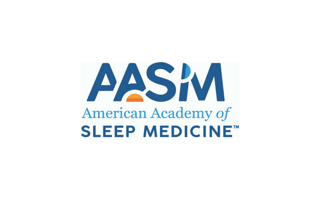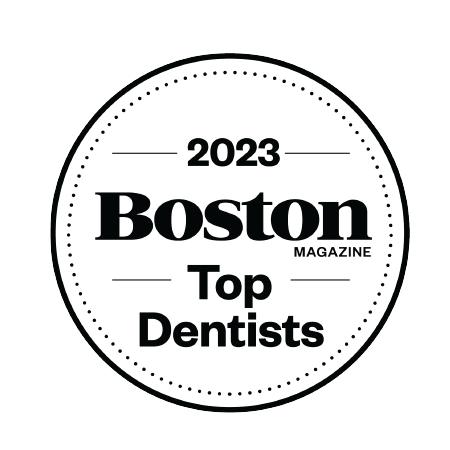Obstructive Sleep Apnea
Obstructive sleep apnea is very common and potentially life-threatening medical disorder that prevents airflow during sleep. More than 18 million Americans have sleep apnea, and many are not receiving treatment. Here at Newton Dental Associates we have three providers who have been trained in treating OSA; Dr. Anna Berik, Dr Jane Osofsky and Dr Jessica Raber.
Sleep apnea occurs when tissue in the back of the throat collapses and blocks the airway, reducing the amount of oxygen delivered to all of your organs including your heart and brain. People with sleep apnea may snore loudly and stop breathing for short periods of time. When the blood-oxygen level drops low enough, the body momentarily wakes up. It can happen so fast that you may not be aware you woke up. This can happen hundreds of times a night, and you may wake up in the morning feeling unrefreshed.
In addition to snoring and excessive daytime sleepiness, sleep apnea can cause memory loss, morning headaches, irritability, depression, decreased sex drive and impaired concentration. Sleep apnea patients have a much higher risk of stroke and heart problems, such as heart attack, congestive heart failure and hypertension. Sleep apnea patients are also more likely to be involved in an accident at the workplace or while driving.
Oral Appliances
Oral appliances are a front-line treatment for snoring and mild to moderate obstructive sleep apnea. This small plastic device fits in the mouth during sleep, like a sports mouth guard or orthodontic retainer. Oral appliances help prevent the collapse of the tongue and soft tissues in the back of the throat, keeping the airway open during sleep and promoting adequate air intake. Oral appliances may be used alone or in combination with other treatments for sleep-related breathing disorders, such as weight management, surgery or CPAP.
Oral appliance therapy involves the selection, fitting and use of a specially designed oral appliance that maintains an open, unobstructed airway in the throat when worn during sleep.
Dentists with training in oral appliance therapy are familiar with the various designs of appliances and can help determine which is best suited for your specific needs. A dental sleep specialist will work as a team with your physician to provide diagnosis, treatment and ongoing care. A joint consultation will be required to determine the most effective treatment approach.
Advantages of Oral Appliance Therapy
- Oral appliances are comfortable and easy to wear. Most people find that it only takes a couple of weeks to become acclimated to wearing the appliance.
- Oral appliances are small and convenient making them easy to carry when traveling.
- Treatment with oral appliances is reversible and non-invasive
How Oral Appliances Work
- Repositioning the lower jaw, tongue, soft palate and uvula
- Stabilizing the lower jaw and tongue
- Increasing the muscle tone of the tongue

